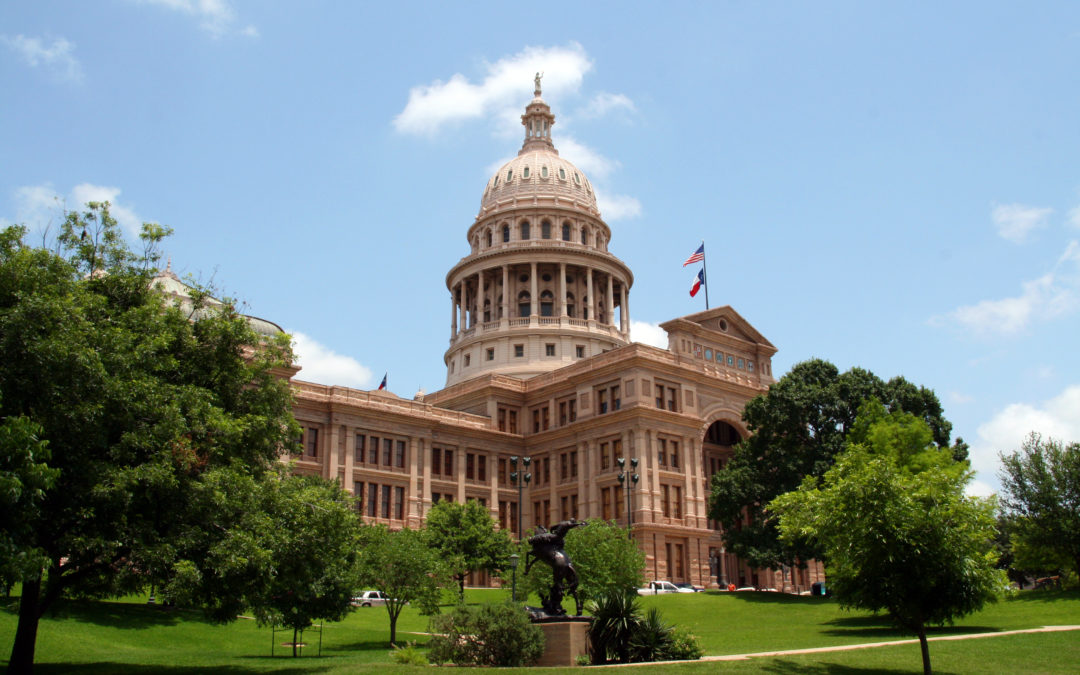Today marks Day 1 of the 85th Texas Legislature’s special session in which state representatives will be tasked with passing “sunset legislation” to keep several key state agencies – like the Texas Medical Board – up and running.
Once it passes, Gov. Greg Abbott has indicated he will add 19 additional items to the session, including public education funding and several issues widely seen as priority for Republican primary voters – gender-restricted bathrooms, vouchers, abortion, curtailing local government regulations and property taxes and caps.
During the regular session, the Legislature did approve the only bill constitutionally required to pass — the state’s $217 billion biennial budget. It also passed some version of each of Abbott’s priority emergency items: banning “sanctuary cities,” reforming Child Protective Services, passing ethics reform, approving a resolution calling for a convention of states to amend the U.S. Constitution and overhauling the state’s voter ID law.
The governor has the authority to call special sessions for 30 days at a time. Under the rules for a special session, only bills that include subjects that are part of the official “call” may be considered (although the governor can add new items to the official proclamation at any time). Nevertheless, legislators filed more than 200 bills as of noon Monday, some having no relation to the items on the call.
Here are some issues likely to be included in the special session that would be of interest to commercial real estate professionals:
- School finance, property taxes and roll back elections
- Protecting the private property rights of land owners from political subdivision rules, regulations, or ordinances that interfere with, delay, or restrict their ability to use or enjoy their property (for example: the prohibition of municipal tree ordinances)
- Expediting the issuance of permits by political subdivisions and reforming laws governing the issuance of permits by political subdivisions
- Preventing political subdivisions from imposing additional regulations on private properties or regulations that did not exist at the time the property was acquired
- Restrictions on municipal annexation
- Legislation regarding the use of multi-occupancy showers, locker rooms, restrooms, and changing rooms – otherwise known as the “bathroom bill”
